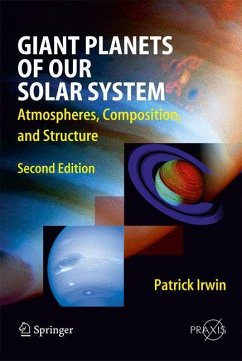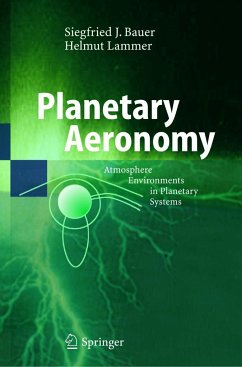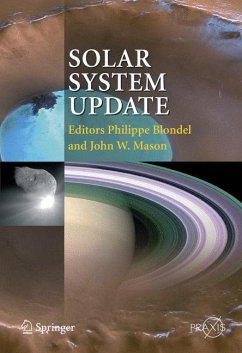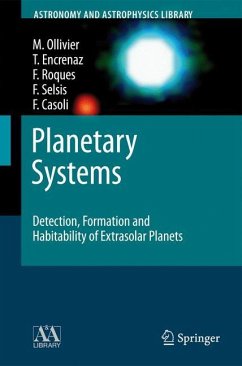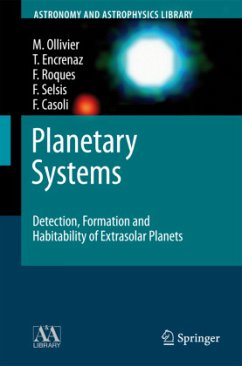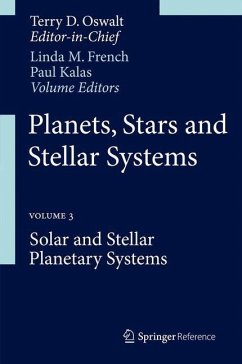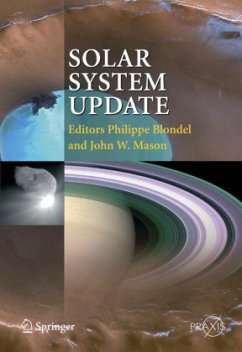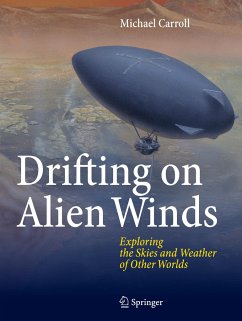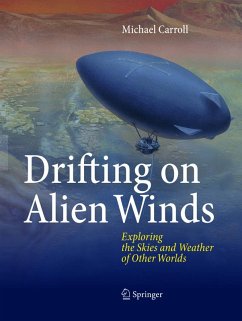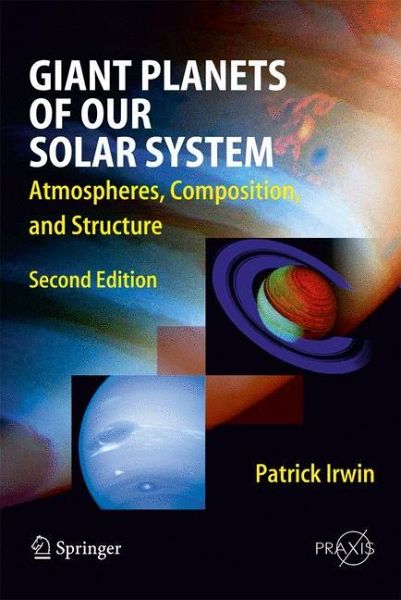
Giant Planets of Our Solar System
Atmospheres, Composition, and Structure
Versandkostenfrei!
Versandfertig in 6-10 Tagen
113,99 €
inkl. MwSt.

PAYBACK Punkte
57 °P sammeln!
This book reviews the current state of knowledge of the atmospheres of the giant gaseous planets: Jupiter, Saturn, Uranus, and Neptune. The current theories of their formation are reviewed and their recently observed temperature, composition and cloud structures are contrasted and compared with simple thermodynamic, radiative transfer and dynamical models. The instruments and techniques that have been used to remotely measure their atmospheric properties are also reviewed, and the likely development of outer planet observations over the next two decades is outlined.This second edition has been...
This book reviews the current state of knowledge of the atmospheres of the giant gaseous planets: Jupiter, Saturn, Uranus, and Neptune. The current theories of their formation are reviewed and their recently observed temperature, composition and cloud structures are contrasted and compared with simple thermodynamic, radiative transfer and dynamical models. The instruments and techniques that have been used to remotely measure their atmospheric properties are also reviewed, and the likely development of outer planet observations over the next two decades is outlined.
This second edition has been extensively updated following the Cassini mission results for Jupiter/Saturn and the newest ground-based measurements for Uranus/Neptune as well as on the latest development in the theories on planet formation.
This second edition has been extensively updated following the Cassini mission results for Jupiter/Saturn and the newest ground-based measurements for Uranus/Neptune as well as on the latest development in the theories on planet formation.



